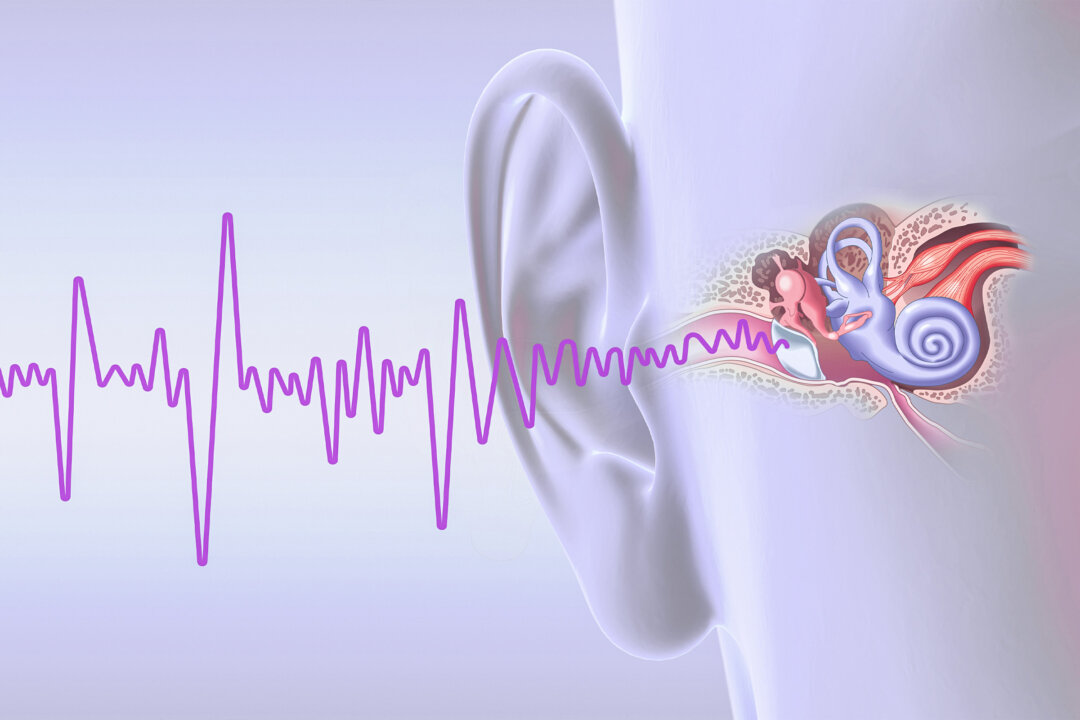By Megan Redshaw, J.D.
After three days of electrical stimulation, 47 percent of patients reported improvements in loudness, and 36 percent reported improvement in severity.
A therapeutic, noninvasive therapy may bring relief to millions of Americans suffering from tinnitus, a debilitating condition with no approved pharmacological treatment or cure.
Using an electrode placed in the ear, 66 patients underwent 10 minutes of electrical stimulation for three days while researchers monitored how it affected their symptoms. They analyzed several factors, including the frequency of the stimulation current, the sequence of applying different currents, the severity of tinnitus at admission, whether tinnitus affected one or both ears, sex, and age of the patients.
Of the 66 patients, 47 percent experienced a statistically significant reduction in tinnitus loudness, and 36 percent reported improvements in symptom severity. Moreover, women reported reduced tinnitus loudness immediately after the first ear stimulation session and after subsequent sessions, whereas men didn’t respond positively until after the second and third sessions. The researchers said gender differences in sensory reactivity could explain why women responded sooner and more positively, as women are more sensitive to electrical stimulation.
In patients with tinnitus affecting both ears, symptoms responded more favorably to earlier treatments than those with tinnitus affecting only one ear. Age had no affect on the success of the treatment.
Finally, the study showed that patients with compensated/habituated tinnitus responded differently to electrical stimulation than those with decompensated/unhabituated tinnitus.
READ FULL ARTICLE HERE… (theepochtimes.com)
Home | Caravan to Midnight (zutalk.com)






Be First to Comment